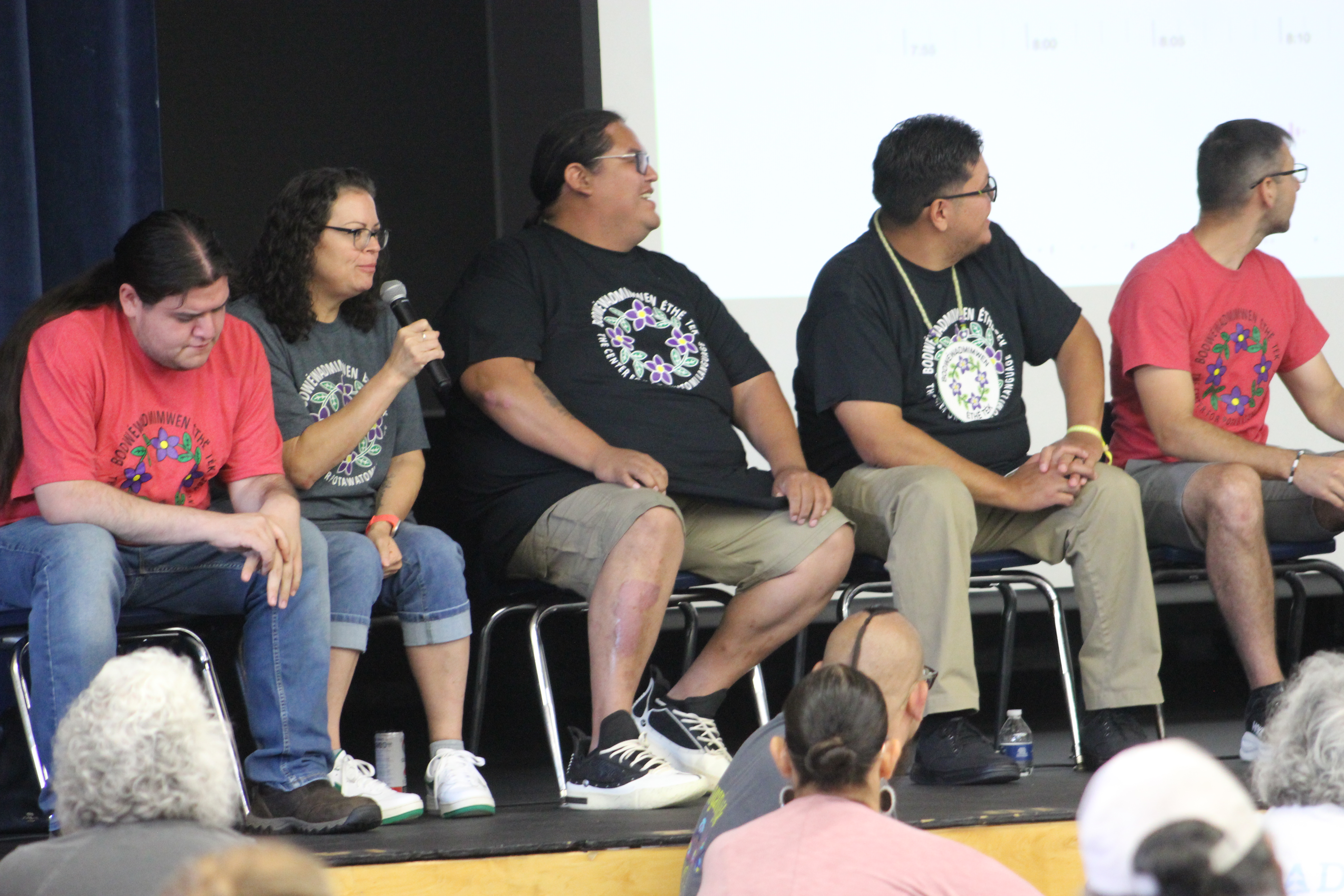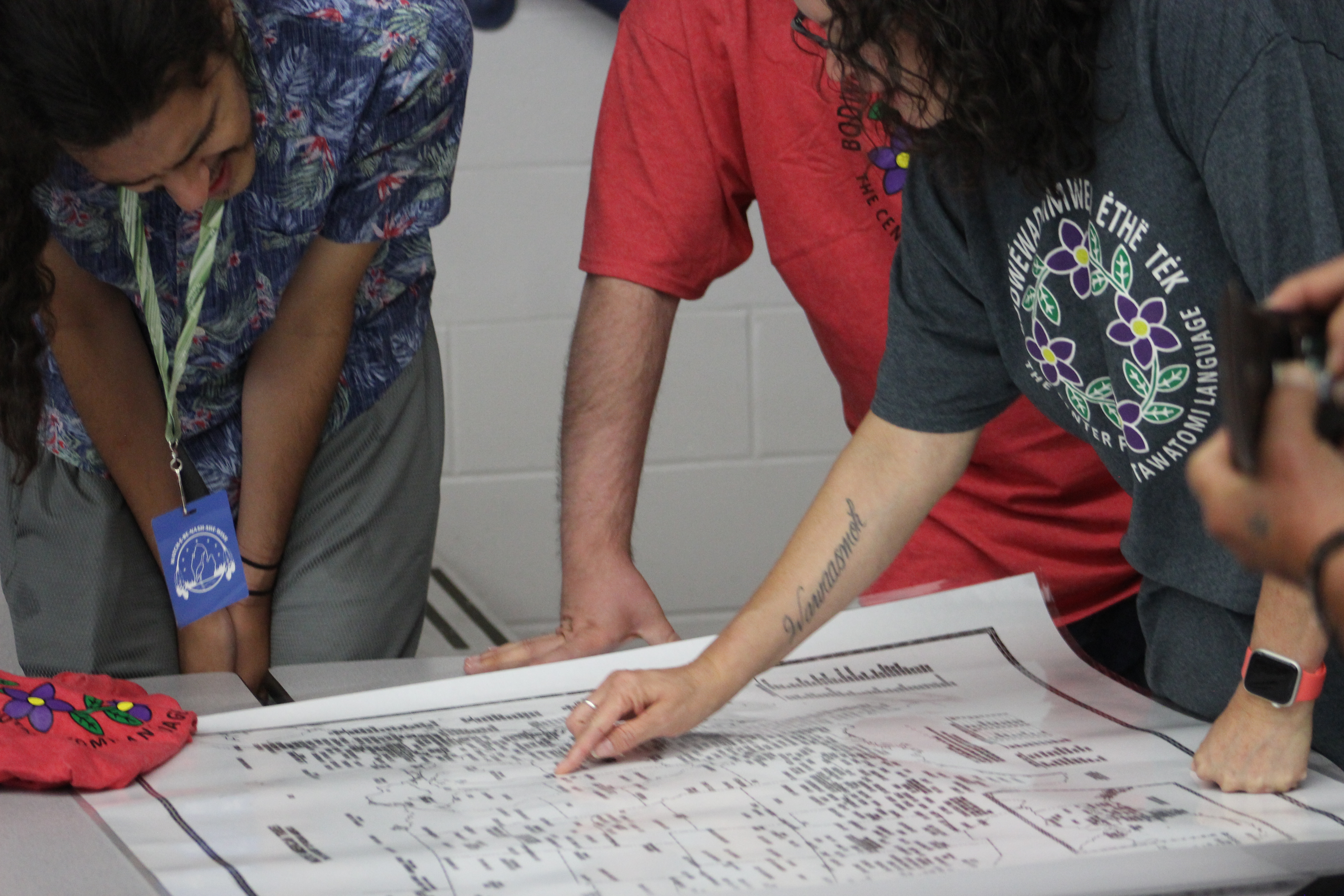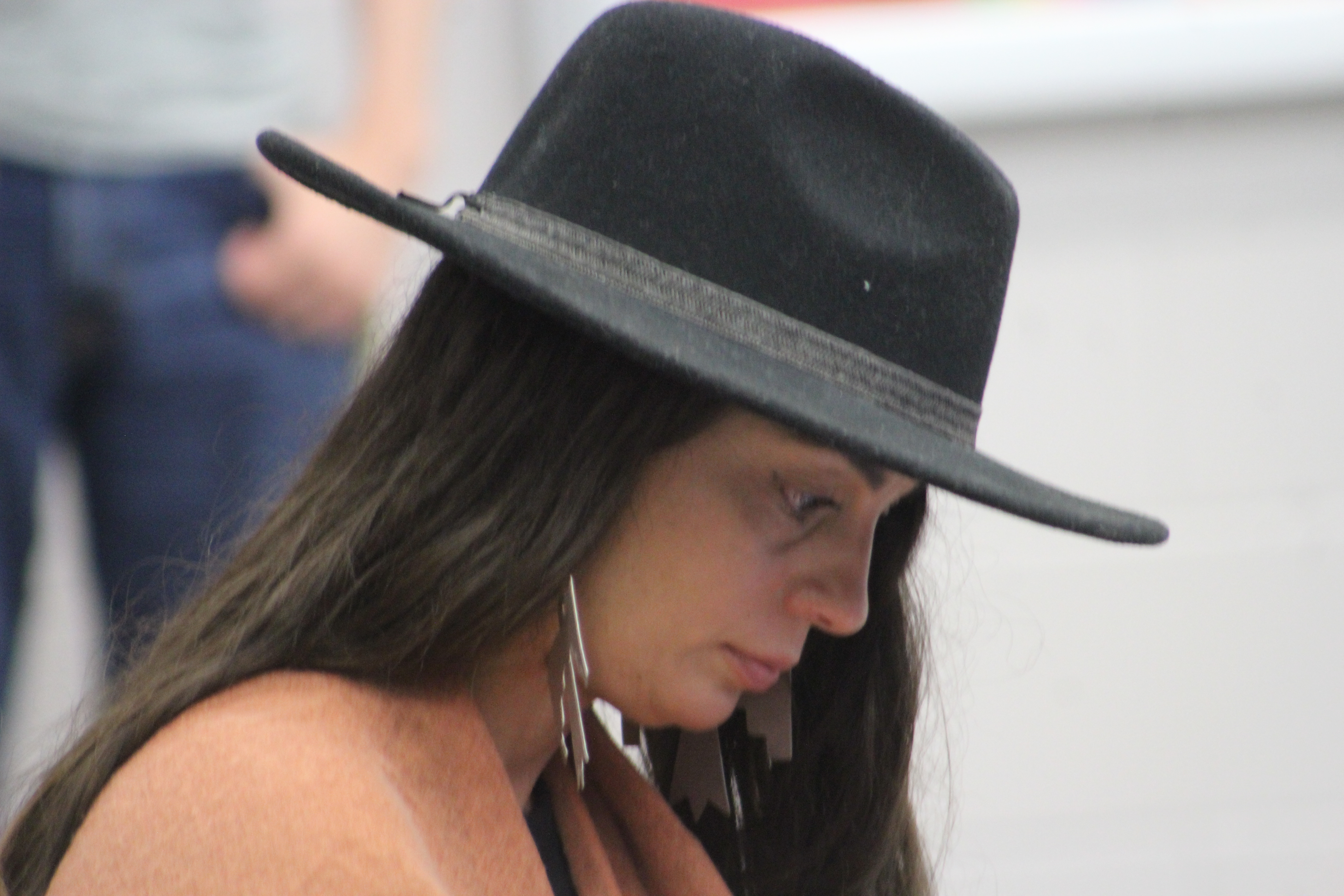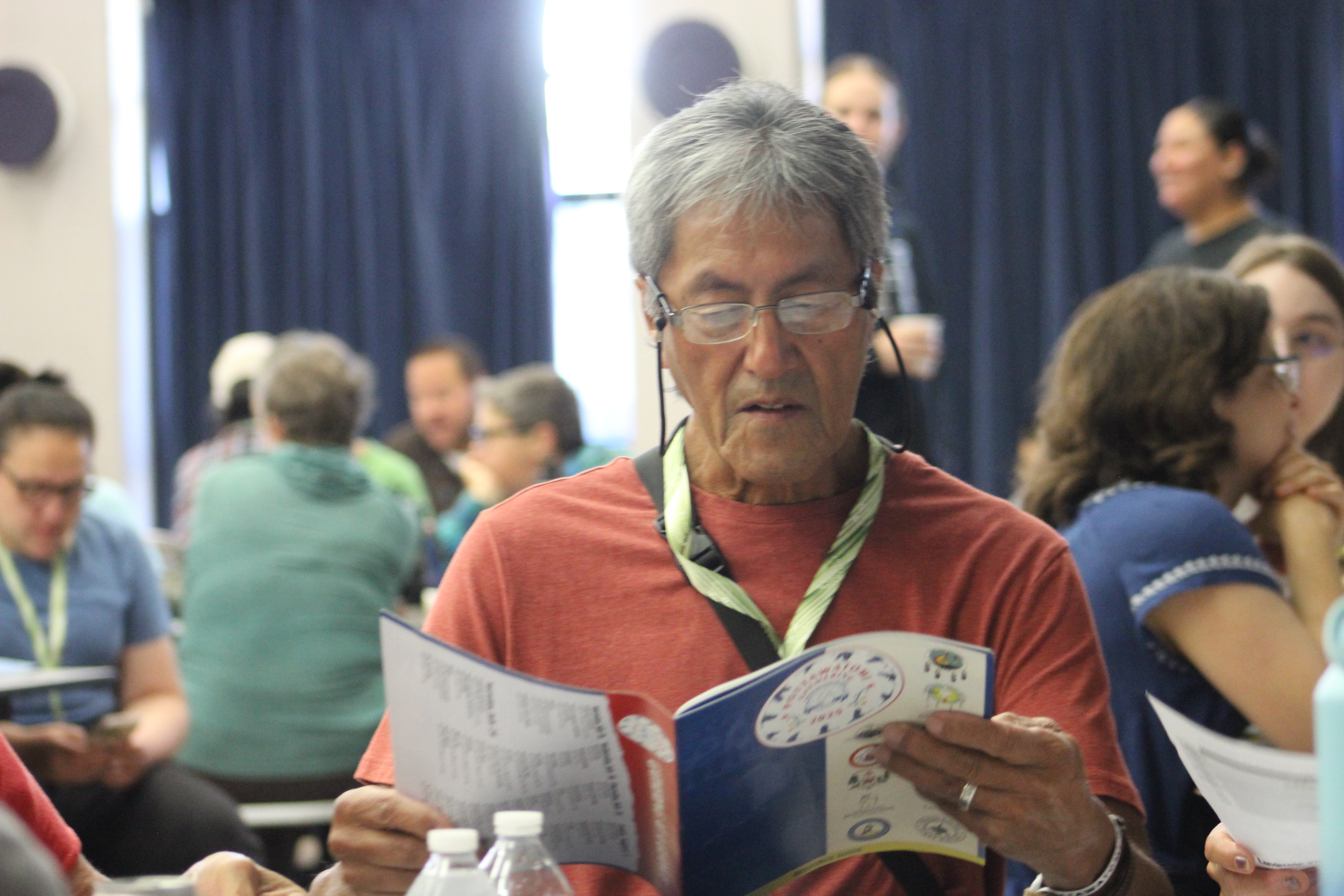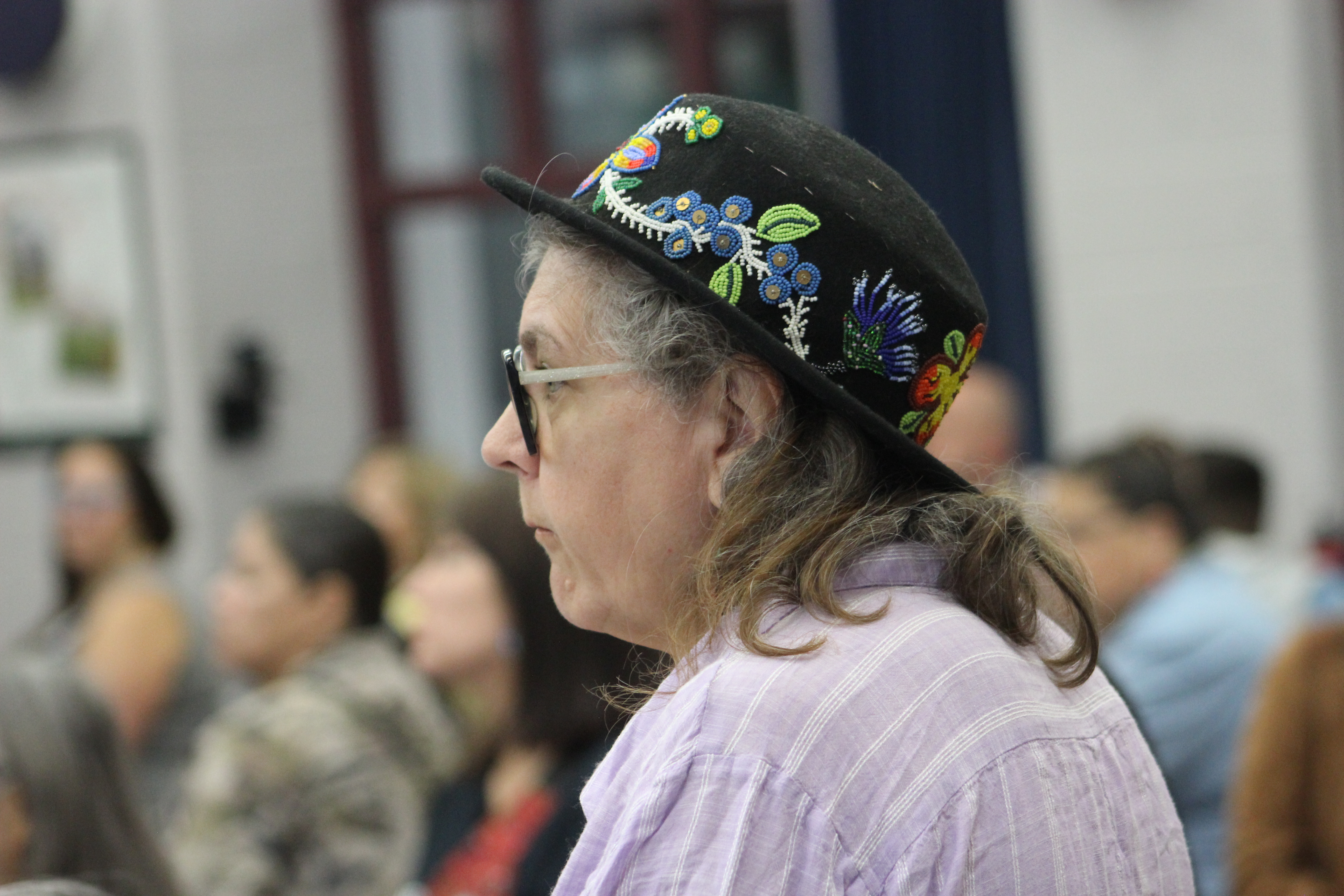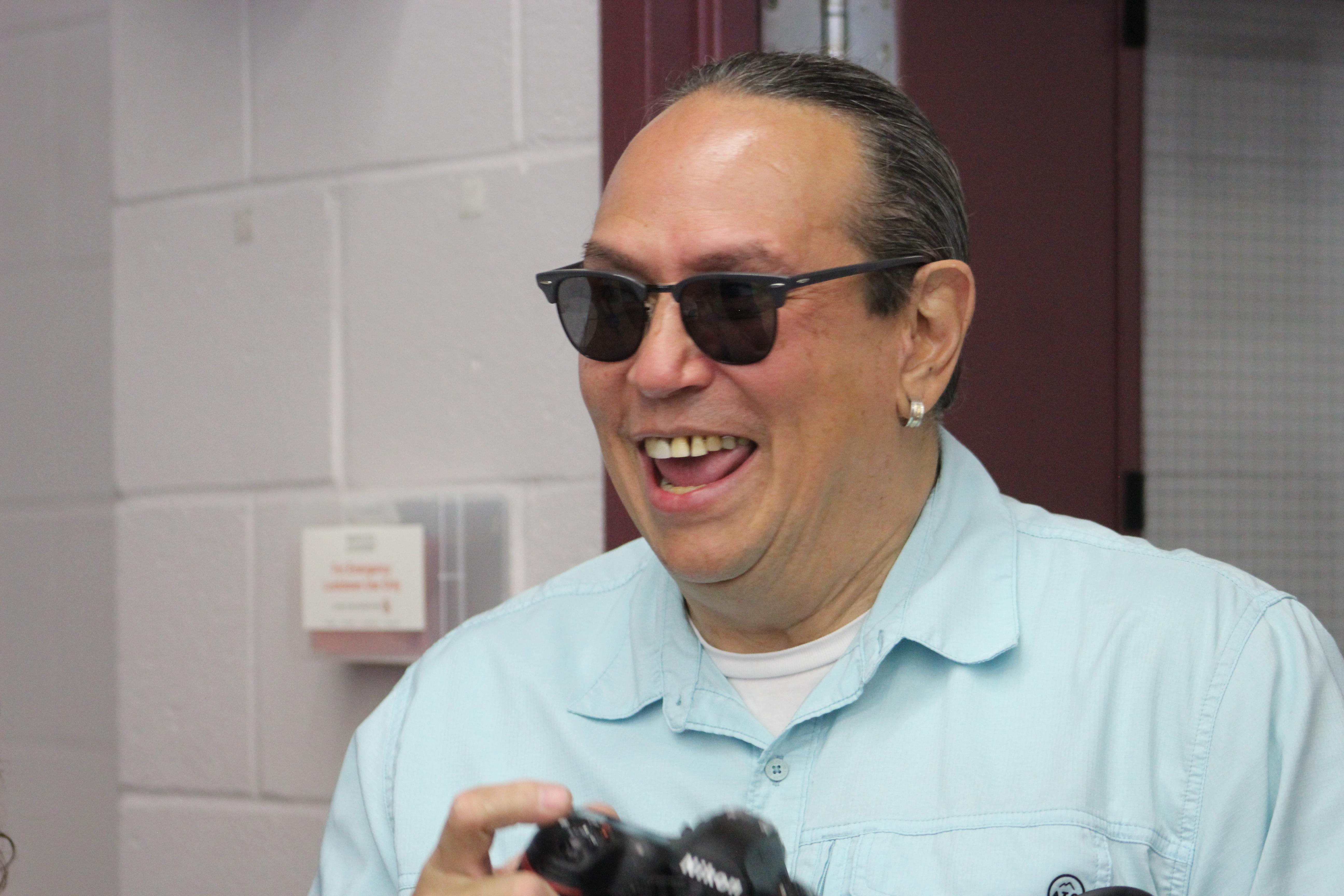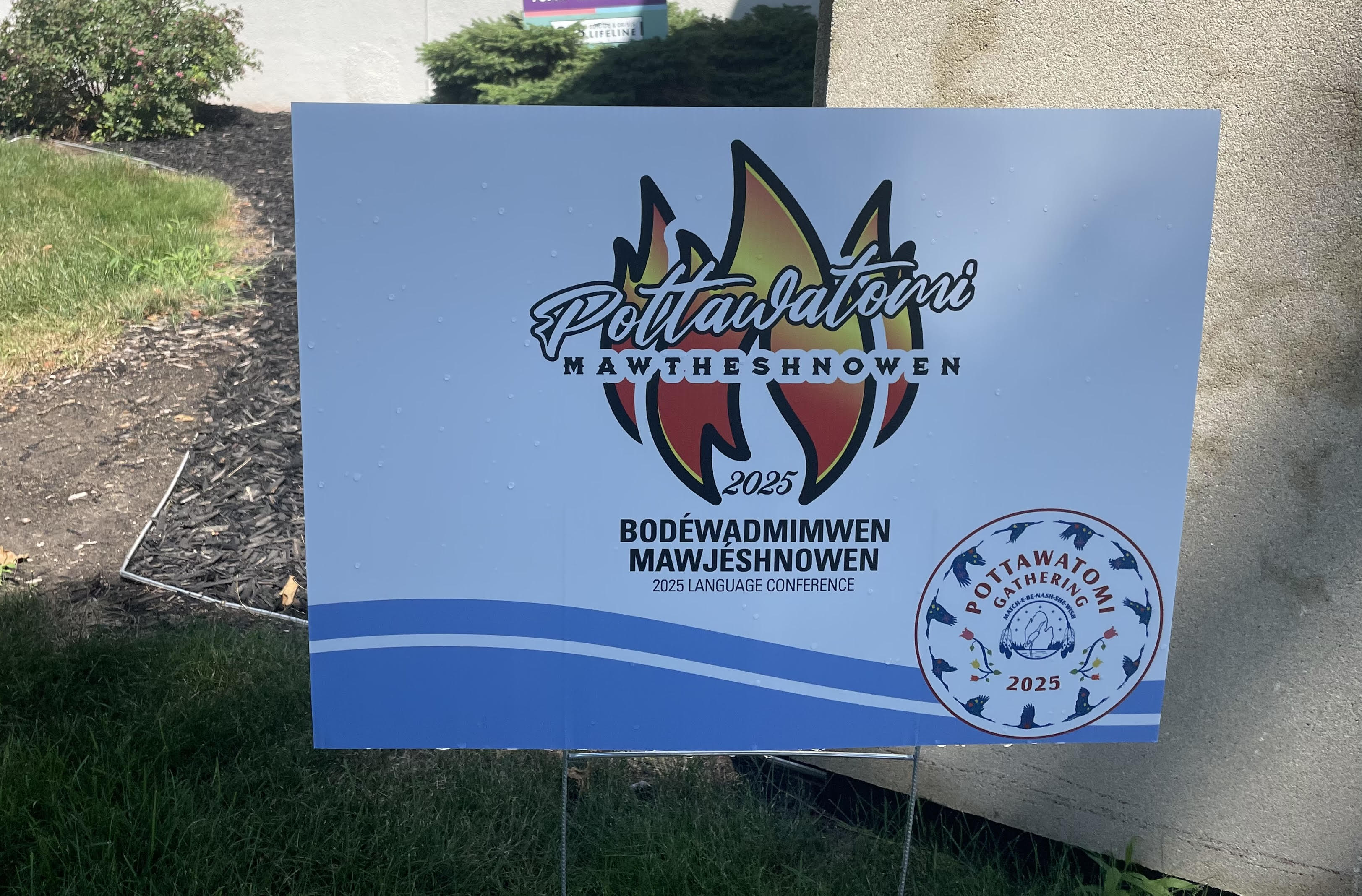
- Details
- By Levi Rickert
HOPKINS, Mich. — The 2025 Potawatomi Gathering is underway in West Michigan. The annual event is expected to draw approximately 5,000 Potawatomi citizens from various bands across the United States and Canada.
Hosted by the Match-E-Be-Nash-She-Wish Band of Pottawatomi, commonly known as the Gun Lake Tribe, the Gathering kicked off on Monday with a language conference.
[Editor’s Note: While most Potawatomi bands spell the name with one “t,” the Gun Lake Tribe uses two.]
The first Gathering of Potawatomi Nations was held in 1994, hosted by the Wasauksing First Nation in Parry Sound, Ontario. It marked the inaugural pan-Potawatomi cultural gathering, aiming to revitalize language, heritage, and identity—uniting members from tribal bands across the U.S. and Canada.
Mawtheshnowen is the Potawatomi word for gathering.
The language conference began on Monday and continues through Tuesday at Hopkins Middle School and Jijak Camp in Hopkins, Michigan. Jijak Camp will also host the main events and powwow from July 30 through August 2, 2025.
More Stories Like This
NCAI Passes Two Emergency Resolutions on Immigration Enforcement ActivitiesChickasaw Lighthorse Police Officer named Indian Country Law Enforcement Officer of the Year
Indian Gaming Association Rallies Broad Coalition Against Sports Event Contracts It Calls Illegal Threat to Tribal Sovereignty
Navajo Resources and Development Committee Issues Notice on Livestock Inspection Requirements
American Prairie, Tribal Coalition Files Protest Over Rescinded Grazing Rights
Help us defend tribal sovereignty.
At Native News Online, our mission is rooted in telling the stories that strengthen sovereignty and uplift Indigenous voices — not just at year’s end, but every single day.
Because of your generosity last year, we were able to keep our reporters on the ground in tribal communities, at national gatherings and in the halls of Congress — covering the issues that matter most to Indian Country: sovereignty, culture, education, health and economic opportunity.
That support sustained us through a tough year in 2025. Now, as we look to the year ahead, we need your help right now to ensure warrior journalism remains strong — reporting that defends tribal sovereignty, amplifies Native truth, and holds power accountable.
 The stakes couldn't be higher. Your support keeps Native voices heard, Native stories told and Native sovereignty defended.
The stakes couldn't be higher. Your support keeps Native voices heard, Native stories told and Native sovereignty defended.
Stand with Warrior Journalism today.
Levi Rickert (Potawatomi), Editor & Publisher

